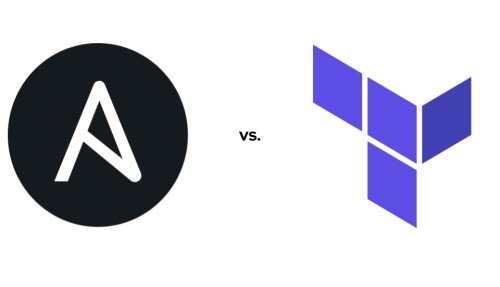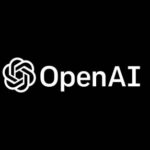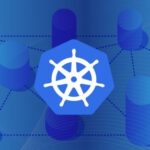When it comes to deploying and managing cloud-based infrastructure, two of the most popular tools are Ansible and Terraform. Both of these tools are widely used in the DevOps world to automate tasks, but they each have their own unique features. So, what is the difference between Ansible and Terraform?
Ansible is an automation engine that automates application deployment, configuration management and other IT tasks. It uses ‘playbooks’ written in YAML format to describe the desired states of the infrastructure and perform tasks such as creating and deleting resources. Ansible also supports modules for third-party applications and Docker containers.
Terraform is an Infrastructure as Code (IaC) tool for building, changing and versioning infrastructure safely and efficiently. It uses a declarative programming language called HashiCorp Configuration Language (HCL) to describe the desired infrastructure state and deploy it. With Terraform, you can provision cloud infrastructure across all major public cloud providers, as well as private cloud solutions like OpenStack.
When it comes to differences between Ansible and Terraform, there are several key distinctions. First, Ansible is an agentless tool, while Terraform requires an agent to be installed on the machine it’s managing. Additionally, Ansible is great for managing existing servers, while Terraform is better suited for creating brand-new infrastructure. Finally, while both tools can be used to orchestrate and configure server environments, Terraform is more focused on the deployment of new infrastructure, while Ansible is better suited for configuring applications on existing servers.
In summary, Ansible and Terraform are both powerful tools for automating tasks and deploying infrastructure, but their respective strengths and weaknesses make them better suited for different types of scenarios. Ansible is ideal for managing existing servers, while Terraform is great for deploying brand new resources. Whichever tool you choose, you will be able to manage your cloud-based resources with ease.




